I want to start by saying that I’ve been avoiding writing this post for two years now, mostly because it is embarrassing for me personally, but to a larger degree because I do not want to, in any way, malign the good people who’ve tried to help me in my writing career over the years.
But I keep being asked about literary agents, by students and former students, and I keep telling this story because I want to help others avoid some of the mistakes I've made. My aim truly is to help my fellow writers figure out what they want from a relationship with an agent, and what’s OK to ask, and what’s good to hear, and what their expectations should be. In order not to badmouth anybody in the process, I’ll keep things anonymous.
The spirit of this newsletter is that idea that failures are always instructive if we let them be—and I’ve failed a lot in this particular department over the years.
So, here is the story of my five agents and some thoughts on what to look for and to avoid as you look for the right match.
To begin, I should say that none of my professors ever talked about literary agents when I was studying creative writing as an undergraduate, and I think several of them simply didn’t have one. My first awareness of literary agents came when watching the film Wonder Boys, where Robert Downey Jr. plays the lascivious and quick-talking editor Terry Crabtree, who has arrived at a campus literary festival to pressure his star author, Grady Tripp (Michael Douglas) into revealing details about his glacially-progressing novel.
Crabtree ends up discovering instead (and seducing) the young but troubled ingenue James Leer (Tobey Macguire) and ultimately bringing his brilliant novel out to the world.
Crabtree is supposedly Grady's editor, not his agent, but he talks about being owed his “commission” from some other writer (which makes little sense anyway since that would be paid to him by the publisher, not the author). And chasing Grady's book down, scouting Leer's book, are also both more likely to be done by an agent. The roles seem to be blurred, which didn't help with my confusion.
(We’ll return to this first impression in a bit, and why it isn’t good in some ways—but I still love this movie and I love the book it is based on, by Michael Chabon, even more, particularly because of its additional, amazing Crabtree scenes.)
Anyway, my professors in college never talked about agents. So I thought they might be optional, and often my students hope this as well. But they’re not.
I firmly believe that having a literary agent is absolutely indispensable.
They are not some middleman or gatekeeper that should be worked around. They are your most important ally, somewhere between an advocate and an advisor, a negotiator and a manager. They are the person who is really looking out for you, and who should be thinking about your work in a long-term way, eyeing not just a quick payday, but a relationship that lasts a whole career.
It can be difficult, of course, to get someone to take you on as a client—and I’ll talk more in my next newsletter about some ways to approach finding one—but I’m here now to explain why it’s so hard, but also why it’s so important.
A good agent is looking for more than just a cool concept or a debut with some potential. They’re looking for a writer. You. An agent should want to make a career-long relationship with a hard-working, trusting, talented, dedicated partner. For them it is a long-term investment, with lots and lots of totally unpaid work upfront. They aren’t making a dime unless you make $6.60, so they place their bets carefully. If they don’t they’ll soon get overextended and wind up without the time their clients need.
It’s a big commitment, and it should be. And it goes both ways.
Never, ever doubt that agents earn their 15% and then some—not just because without them a big publisher simply won’t read your work, but because they are there to help you find the best home for your work, to get the best deals, and to handle as much of the highly-confusing small stuff as possible so that you can focus on your job—actually writing.
So with all that said, I’m here to say that it is important to find not just an agent, but the right agent for you. I have some thoughts on this because, well, I’ve worked with a few. OK. More than a few. I’m on number five—or number zero, depending on how I count.
Agent 0. I’m going to spoil the ending here, which is to say that I am, all these years later, working with the agent that I wanted to work with from the very start. It won’t be hard for anyone who cares to figure out who this is, but in keeping with my overall theme of anonymity, I’m going to call him "Agent 0” here.
He and I first met when I was doing my MFA, and he bravely came to an “Agents Night” talk and mixer. For the “talk” part, he and two other agents sat in a room and answered questions asked by one of our professors. I, and the sixty or so other writers in the room, had been told ahead of time not to talk or try to ask questions on our own. We were just there to listen. Period.
Afterwards, however, we were herded into a little gallery room where there was some warm cheese and cheap red wine and then simply unleashed on those three poor agents, who rapidly found themselves surrounded by a horde of velociraptor-esque MFA students, all trying to pitch their novels-in-progress… it was probably one of the least dignified displays of my whole time there, including some of the very sloppy post-workshop sessions at the Lion’s Head and the 1020 Bar.
But Agent 0 was a champ. He was kind and polite and smart and witty and patient with everyone. I felt comfortable around him, and just… got a great feeling from him. I’d liked his answers during the Q&A a lot, and he was the one I wanted most to talk with afterwards.
When I finally got my chance, I told him about my work-in-progress, a YA novel called The Quality of Meroy, about two boys at an elite boarding school who start a secret society based around an imaginary student. He said it sounded interesting, gave me his card, and I left on cloud nine.
Later, I’d find out more about his client list and discover that he worked with a few of my very favorite writers—a great sign, if an intimidating one. Was I on that kind of level? Clearly not. But still I bit down hard and spent the next year finishing Meroy so I could send it to him.
I did.
And he passed.
He was very nice about it, but just said it wasn’t quite his thing, and to try again if I wrote something else. I was disappointed, but I responded graciously and thanked him for his well wishes.
Meanwhile, I had shared some of the book at my graduation thesis reading and had heard the next day from one agent who wanted to read more.
Agent 1. I soon enough found myself having a meeting with an agent who was interested in Meroy and felt it had a lot of promise.
But from the start it didn't feel like the kind of good fit I'd felt with Agent 0. She and I met at the Harvard Club for a drink and all I can remember was that I was sweating bullets the whole time, and that the crimson tie I’d worn had inadvertently led her to think I was a Harvard grad myself (and she seemed a little confused that I was wearing it when I confessed I wasn’t).
Even though I never totally felt comfortable talking with her about the book, and even though I didn’t really see eye-to-eye with her about the direction she wanted me to take it, I decided she was my best (read: only) option, and agreed to work with her.
She submitted Meroy to a bunch of editors, but they kept saying no. Among other things, my book was coincidentally similar to Looking for Alaska by John Green, which had been a big hit a year or two earlier. It was also about boys at a boarding school and weirder still, they had a similar obsession with famous dead people. Eventually I'd give in and actually read Green's book, and the similarities were ridiculous. Bad luck for me.
The big trendy YA series at the time was Gossip Girl and some editors asked if I wouldn’t add some more sex and drugs and debauchery to the story to have it become more in the vein of those books, but I didn’t want that at all either.
I went into rewrites, I submitted changes, and soon it began to take Agent 1 weeks and then months to reply to even a basic email asking for updates (and I was so nervous that I did not send these often). Meanwhile I had started work on a new book, The Richardsons at Sea, also YA, and wanted to send that to her, but after months of waiting she finally wrote back to say she thought we should call it quits.
By the way, if it sounds like going through a break-up, in some ways it can feel similar to that. In fact I’ve even been advised by others that looking for an agent is a lot like dating, because you are really are hunting for a partner. And while I don’t think the two things are exactly the same at all, I do think that it’s important to feel like you’re on something like roughly equal footing with them in the relationship. You shouldn’t feel (as I did then, no fault of Agent 1’s) that they’re doing you an enormous favor by representing you—nor, I suppose, should you feel like you’re doing them one. It should feel like there’s an exchange happening between equals, teammates, maybe more like a good friend than a significant other, but still. (A quick postscript to say that we met up again years later and cleared the air, both of us apologizing over and over for basically not knowing what we were doing at all at the time. She represents some of my favorite writers and I think she’s absolutely terrific. We just weren’t a good fit back then.)
My first thought after things ended with Agent 1 was to try Agent 0 again with my new book. I did, and once again got a very nice reply saying that it also wasn't up his alley.
But he was happy to refer me to someone else at his agency who might like it. He did, and soon I had a meeting set up with Agent 2.
Agent 2 had tons of experience, having been in the business since the late 60s, and he liked the new book but liked Meroy even more. But he couldn’t persuade the editors who’d turned it down before to take another look at it, even after he and I worked on some new changes together. We tried sending out The Richardsons at Sea, but had a hard time selling this too. The book was about a rich family that escapes Manhattan on an old sailboat late one night, and the three children who are trying to work out the reason behind their flight as they travel down the East Coast and have various episodic adventures. It was a little Lemony Snicket, a little Boxcar Children… among other things, this book ran into trouble because the narration was all over the place. Parts of it were “middle grade” and parts were “young adult” because the POV kept jumping from one kid to the next.
But the main problem I kept having was that Agent 2 didn’t use email. When we first started working together, his assistant had been able to keep in touch with me electronically, but then she left at some point and suddenly I was stuck. He wanted me to just call him on the phone, which is how he had done business for forty years, but I would always end up feeling too nervous about bothering him (again, entirely my fault, not his).
Ultimately, it was again just a bad fit, and I was beginning to realize that the real issue was that I simply did not want to be a YA writer.
I’d let myself get talked into this path during my MFA because classmates and professors had told me they thought I'd be good at it. It was a thriving market and they all said it would be really easy to sell books in and make good money. Because I was only in my early twenties, most of my stories were set in childhood or teen years anyway, so I’d convinced myself that this all made sense.
But after a few years and two unsold books, I was beginning to see that my heart just wasn’t in it like it ought to be.
But… I still tried one more time.
Agent 3. This one’s short, I promise. A writer friend met Agent 3 at the Soho House (I know) and offered to put me in touch with the guy. I should have seen it as a red flag that my friend didn’t want to work with him—but I sent Agent 3 The Richardsons anyway. He texted me back a few days later saying that he was freaking out. The book was so good. He and I were going to make tons of money. We met for a drink at a loud, trendy bar downtown and I couldn’t wait to get out of there. He was just the worst possible fit for me I could imagine. But he kept on saying we were going to be rich, and… well… I mean, I like money. It’s not exactly why I became a writer, but it’s also not easy to ignore someone who is promising they’re going to make you a millionaire.
Again I ignored my instincts and figured—why not? So I said let's try it.
A few weeks went by. No word. A few more went by. I checked in with an email. No answer. A few more weeks went by. I called his cell and left a message. No answer.
Finally, after two agonizing months, I worked up the nerve to email the head of his agency to find out if anyone knew if my book had gone out to editors, and who those editors might be. A minute later, I finally got a response—Agent 3 didn’t work there anymore.
He’d quit, as it turned out, the day after our meeting for drinks. He’d left town and hadn’t been in touch since.
So much for making millions.
Intermission. At this point I was disappointed, more than a little humiliated, but also finally ready to face some hard things I had not wanted to face earlier.
First, I was more sure than ever… I didn’t want to be a YA author. I wanted to write literary fiction for adults, but I’d been too scared to think I could succeed at that when I couldn’t even sell a YA book.
This was incredibly bad thinking on my part, I want to make that very clear. Writing YA fiction isn’t in any way easier or less artful than writing for adults. They’re just different audiences, with different expectations, that’s all. But the first thing I had to realize was that I had been barking up the wrong tree.
Second, I had been refusing to ask for any help. I’d taken the referrals from Agent 0, and from my writer-friend, but only after they’d offered them to me. But I was incredibly stubborn about actually hitting up my friends and contacts for assistance. I felt like it was cheating, or that it would somehow be proof that I wasn’t really good enough to make it “on my own”.
In my fantasies, agents were banging down my door trying to sell my work. This is where a wonderful movie like Wonder Boys can be a tad misleading. Good old James Leer just writes in his mom’s basement and wanders around enigmatically, getting emotional about Marilyn Monroe’s coat and lying about everything… and everyone else is just so stunned by his talent that they conspire and intervene to make him a star: his professor, his only friend (Katie Holmes!), and yes, the agent, spend the whole movie trying to help Leer succeed as he, mostly, just blithely wanders around causing trouble and being confused and sweet.
Again, I love the movie, but… it just doesn’t work like that.
I wanted my old professors to come up to me saying, “God! Wow! You're just so talented, let me set you up with my agent, please!” And… whatever. It's fine to have Hollywood daydreams, to want to be discovered, but you just can't let yourself think that if that isn't happening, it’s because you're somehow not good enough.
Of course we prefer that movie-version to the hard, vulnerable work of putting yourself out there and facing rejection. But it is the only way, really, of actually being found.
By this point, I had gotten to know a handful of people working in publishing and I ought to have known this was simply not how it worked. Yes, there were high-profile young writers I knew that had been miraculously fêted and pursued by cool bigtime agents acting like talent scouts—but that’s simply the exception and not the rule.
The reality is that literary agents are getting inundated every single day with dozens of queries, hundreds some weeks, and it’s unlikely that they have much time to go out hunting for great talent (and how were they supposed to know to find me anyway?)
At this point I hit the reset button. I set out to write an adult novel, Turner and Me, and after a year I did finish it—but it was so awful that I didn’t even show it to anyone.
So the following year I hit the reset button again. I set out to write forty short stories, and eight of those ended up becoming the backbone of my “first” novel, The Unchangeable Spots of Leopards. Another story from that batch, “A Summer Wedding,” would become my first real work in a literary journal. It was a lot of hard work and a lot of leaps of faith, but it also felt right. I felt like I was on the right track in a way that I hadn’t ever before.
By now I knew it wasn’t just going to happen, so I pushed myself a lot, not just in my writing but also in the “asking for help” department. I spoke with friends in publishing, got reads from friends, took advice from anyone who’d listen, and…
… sent my new novel to Agent 0.
This time he wrote me back a long email, explaining everything he loved about the book and all the reasons he thought it was really great. But at the end he said that the timing wasn’t good for him, and had to say no.
Reader, I tell you all that only to make this one point—that even though I wanted to write back immediately, howling with rage and yell and curse and lose my mind… I did not. I took a beat, wrote back thanking him for his time and his thoughtfulness, and said I was sorry it wouldn’t work out. (This is going to come back later, I promise.)
Agent 4. I got turned down by seven or eight other agents I queried, most often with the argument that editors never bought books about writers. One agent said that they had an “allergy” to them, and that my book would send them into “anaphylactic shock.” And again, important to say here—I took those rejections politely, I stayed in touch with many of them afterwards, and now often refer others to them. Just because we weren’t a good fit doesn’t mean they can’t be a good fit for someone else.
Finally I sucked up my pride and directly asked another friend of mine if he’d mind if I contacted his agent with my manuscript. I knew she had stuck with him through a long, difficult submission process on his own novel, and that she hadn’t dropped him even when it had failed. He’d told me that she was always easy to talk to and responsive to emails. I ended up sending her Leopards and we met soon after to discuss. We worked on a few revisions and she sent it out, and a few months later it sold. (And she sold my friend’s book finally, just a day or two later.)
Agent 4 was everything I needed and wanted—fun and funny, kind and smart, approachable and hard-working. The perfect teammate. I thought I had it made in the shade. Through the whole editorial process, through four book tours, and through selling and then editing my second novel, Why We Came to the City, I was always incredibly happy to be working with her.
But, back to the breakup analogy, there are times when a relationship ends because the partners weren’t a good fit in the first place, and there are times when external factors enter into the story.
It was not long after selling my second novel that Agent 4 told me she was going to be moving to the West Coast. She had plans to make it all keep working just the way it had been before, but, well… long-distance relationships are tough, no matter how hard you work at them. After a while, it became clear to both of us that it wasn’t working out like we’d hoped. She was ready to leave agenting entirely, and I was ready to work with someone in my same time zone again. After a hard phone call, we ended things amicably.
Agent 0 (redux). OK. I promised a happy ending, and here it is. Around the time that things with Agent 4 were falling apart, I bumped into Agent 0 again at a conference. I’d sent him my novels when they’d come out, and he’d been a big supporter. We’d kept in touch. It had now been more than a decade since I’d met him initially.
During the conference we got to talking, realized that the timing was finally right, and at last started working together soon afterwards.
And since then? It hasn’t all been easy. In fact it’s been tough. For almost six years, in fact, we’ve struggled, but struggled together. I wrote one book, Loops, that didn’t sell, and then another, The Idealists, that sold in France but not here.
But all along the way, I never worried that he was going to drop me, always knew that he had the long-term in mind, and after a lot of work, we finally sold two new books together in the past year. It’s a new beginning, about fifteen years later. Somehow that’s just how it has to go.
In conclusion. What’s the point of all this? Well, I think there are a few lessons learned—at least there have been for me.
One big thing I wish I’d learned earlier on is the importance of not rushing and taking the time to figure out what I really wanted to be writing and who I wanted to be writing it with. Looking back on it now, I’m so glad those YA books never sold, because I think it would have taken me another decade to figure out what I really wanted to be doing, if I ever got there. It took me years to find that confidence, and sometimes I think I just needed to fail a few times to figure it out.
Why do all that work, with the real possibility of getting nowhere, if it wasn’t even the work I really truly wanted to be doing?
Along those lines, I wish I’d taken the time to make sure I actually wanted to work with someone, instead of being so desperate to be represented that I made impulsive and short-sighted mistakes that didn’t work out well for anyone. I wish I’d asked for help sooner, and not convinced myself that Wonder Boys was some kind of documentary.
I’m glad that I kept my cool (at least publicly) in the face of rejections, and that I didn’t shoot my mouth off in what turns out to be an incredibly small world. Patience and persistence, maybe most of all resilience, these things are as important to success in writing as verbal adeptness and creative ingenuity and all the rest. I think sometimes this is exactly why this whole process is so hard in the first place. We’ve got to learn all that somehow.
The main I realized along this weird and winding road is that nobody gets to tell you that you’re done but you. I failed, I adapted, I tried again. I asked for help, I failed some more, I adapted some more, asked for more help, I tried again. And probably it’ll happen again at some point as time goes on—in fact I’m sure it will. But I’ve got the team now that I want to head into that struggle with, and that’s really the best you can hope for.



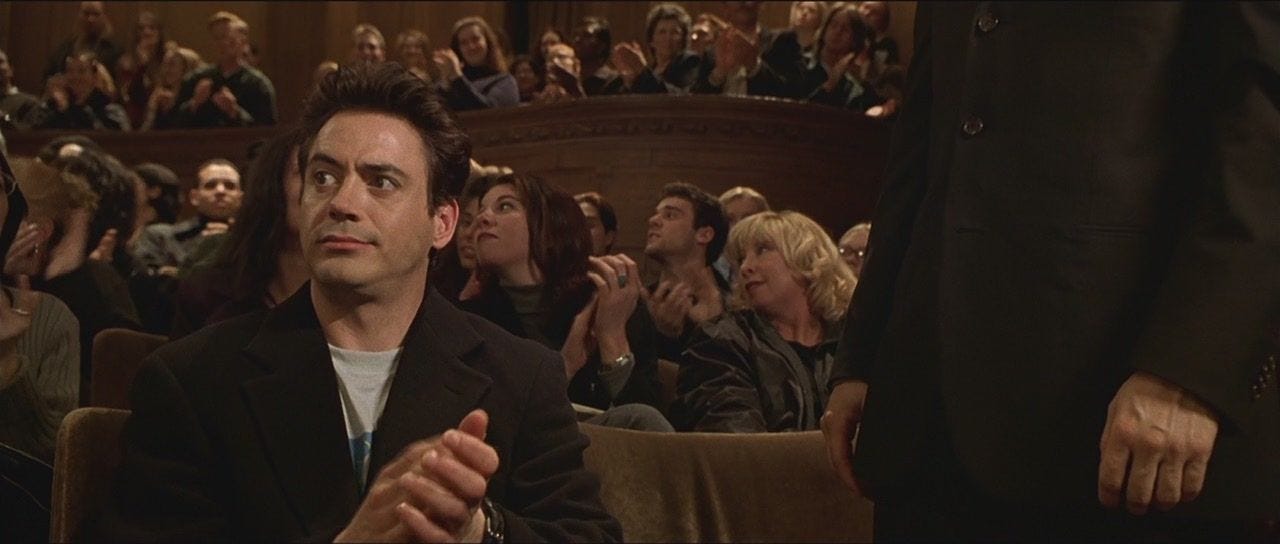
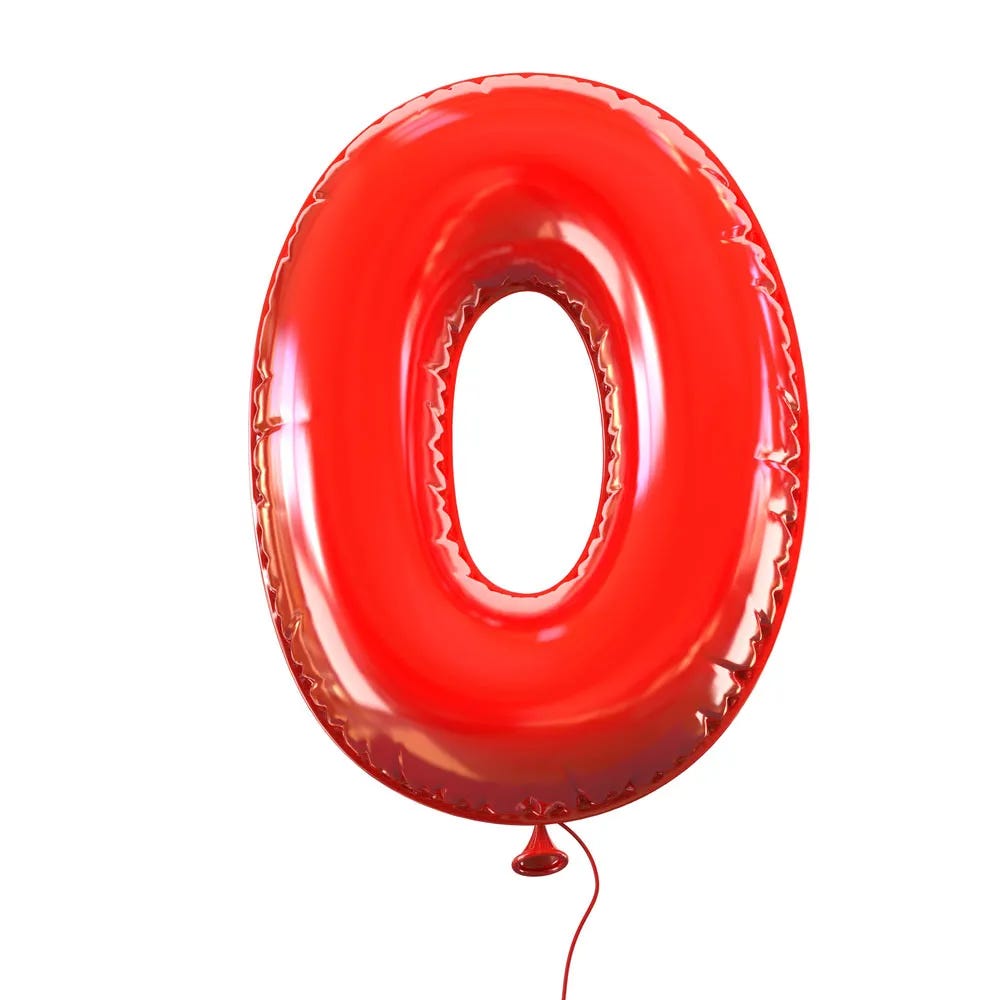
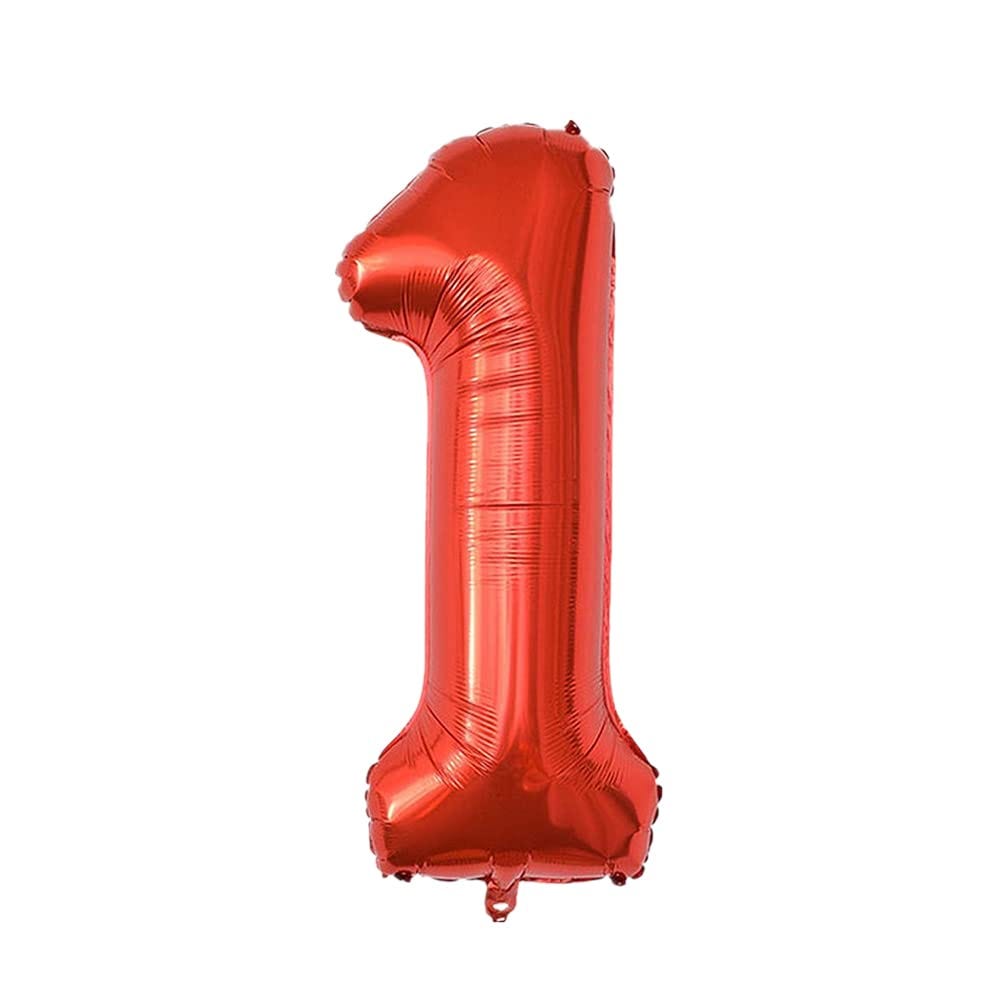
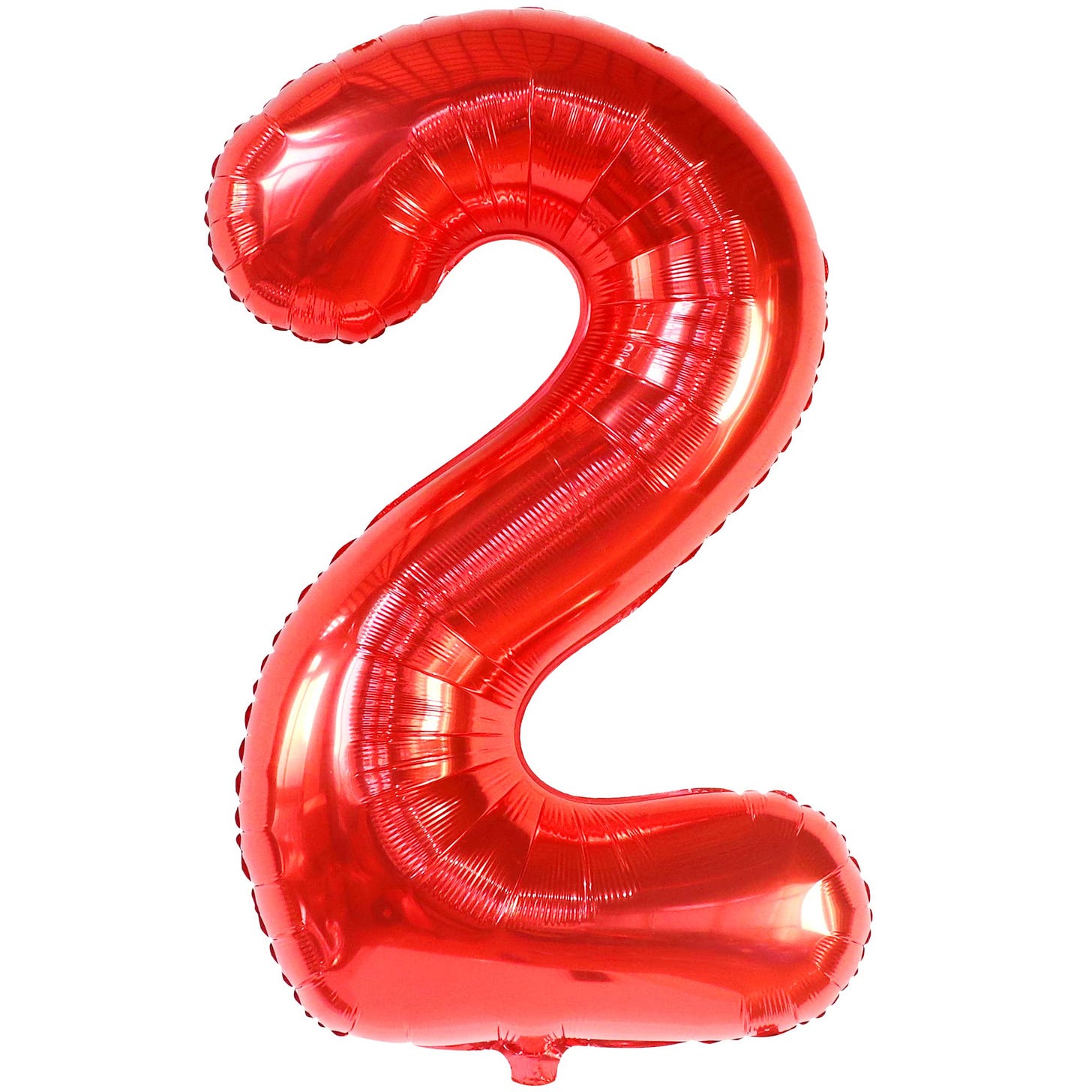
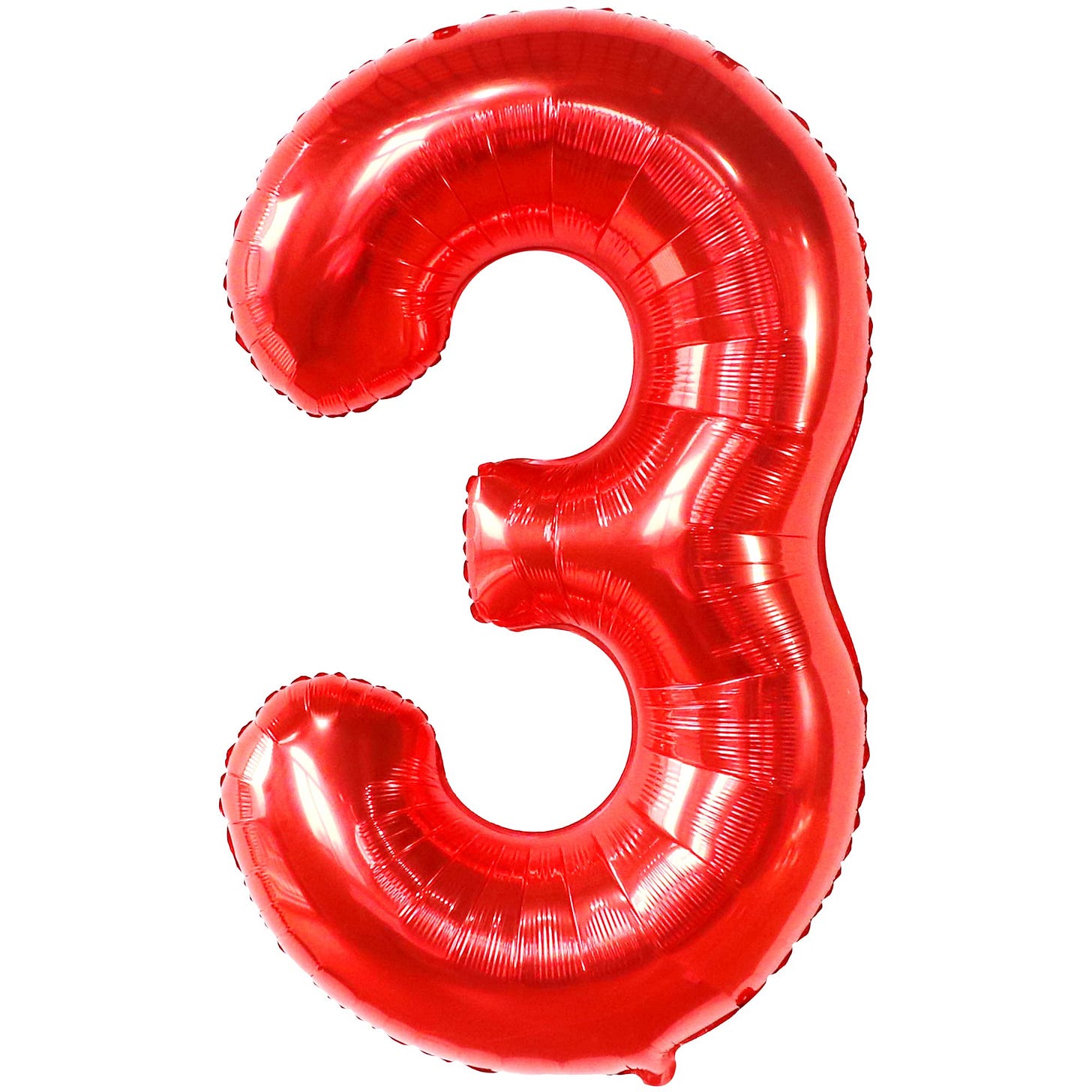

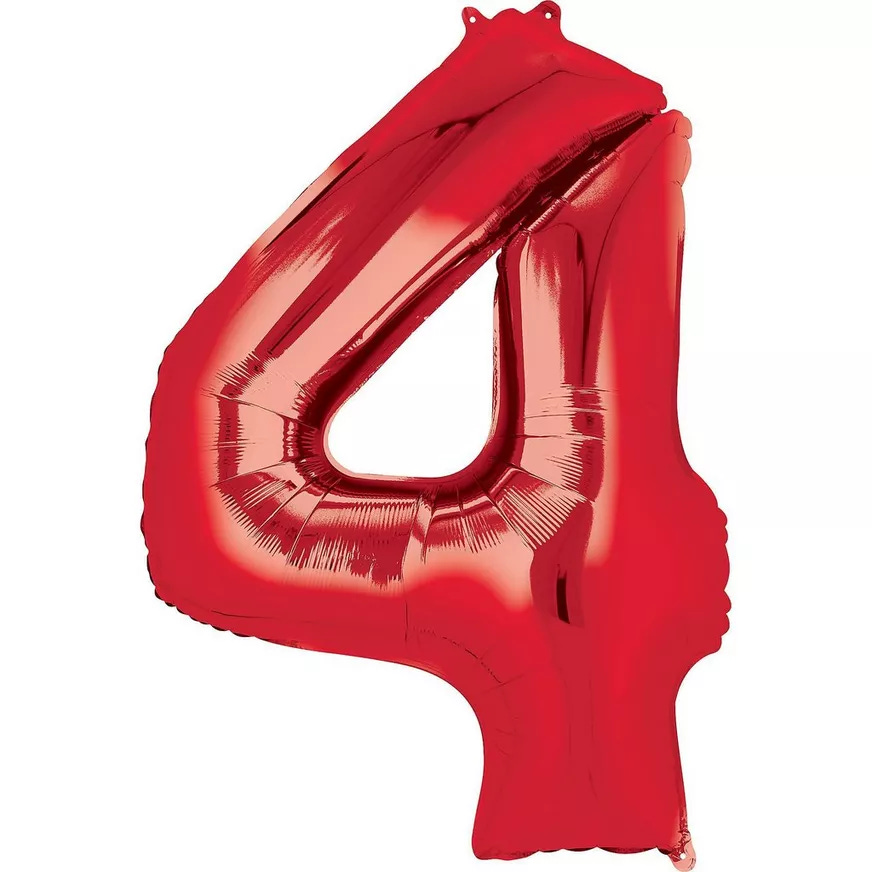
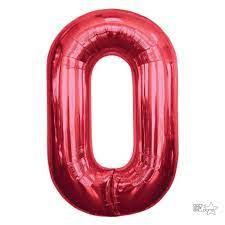
Great piece Kris!!
The timing for this article is perfect. Thanks for sharing. Wonder Boys is one of my favorite writererly films, flaws and all.